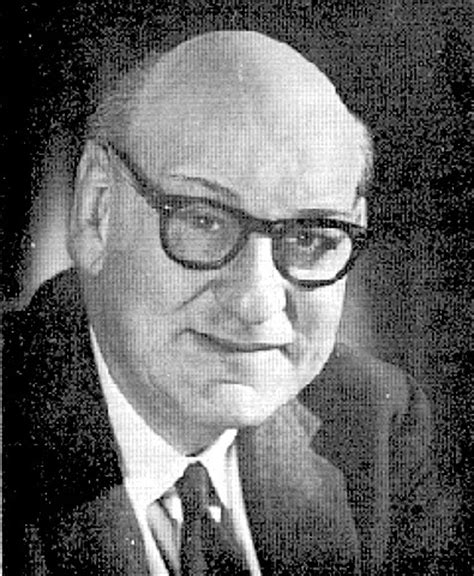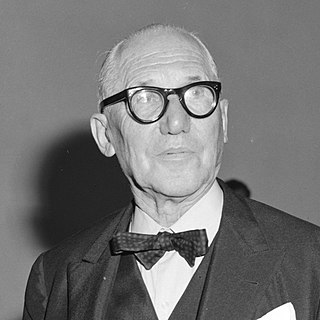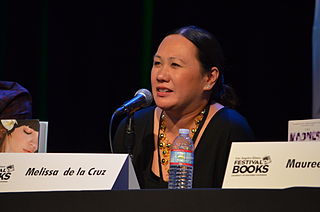A Quote by Aristotle
Error is multiform (for evil is a form of the unlimited, as in the old Pythagorean imagery, and good of the limited), whereas success is possible in one way only (which is why it is easy to fail and difficult to succeed - easy to miss the target and difficult to hit it); so this is another reason why excess and deficiency are a mark of vice, and observance of the mean a mark of virtue: Goodness is simple, badness is manifold.
Related Quotes
Again, it is possible to fail in many ways (for evil belongs to the class of the unlimited and good to that of the limited), while to succeed is possible only in one way (for which reason also one is easy and the other difficult—to miss the mark easy, to hit it difficult); for these reasons also, then, excess and defect are characteristic of vice, and the mean of virtue; For men are good in but one way, but bad in many.
If then, as we say, good craftsmen look to the mean as they work, and if virtue, like nature, is more accurate and better than any form of art, it will follow that virtue has the quality of hitting the mean. I refer to moral virtue [not intellectual], for this is concerned with emotions and actions, in which one can have excess or deficiency or a due mean.
You can be good for the mere sake of goodness; you cannot be bad for the mere sake of badness. You can do a kind action when you are not feeling kind and when it gives you no pleasure, simply because kindness is right; but no one ever did a cruel action simply because cruelty is wrong - only because cruelty is pleasant or useful to him, In other words, badness cannot succeed even in being bad in the same way in which goodness is good. Goodness is, so to speak, itself: badness is only spoiled goodness. And there must be something good first before it can be spoiled.
Goodness was more difficult than evil. Evil men knew that more than good men. That's why they became evil. That's why it stuck with them. Evil was for those who could never reach the truth. It was a mask for stupidity and lack of love. Even if people laughed at the notion of goodness, if they found it sentimental, or nostalgic, it didn't matter -- it was none of those things, he said, and it had to be fought for.
So may the outward shows be least themselves: The world is still deceived with ornament. In law, what plea so tainted and corrupt, But, being seasoned with a gracious voice, Obscures the show of evil? In religion, What damned error, but some sober brow Will bless it and approve it with a text, Hiding the grossness with fair ornament? There is no vice so simple but assumes Some mark of virtue on his outward parts.




































